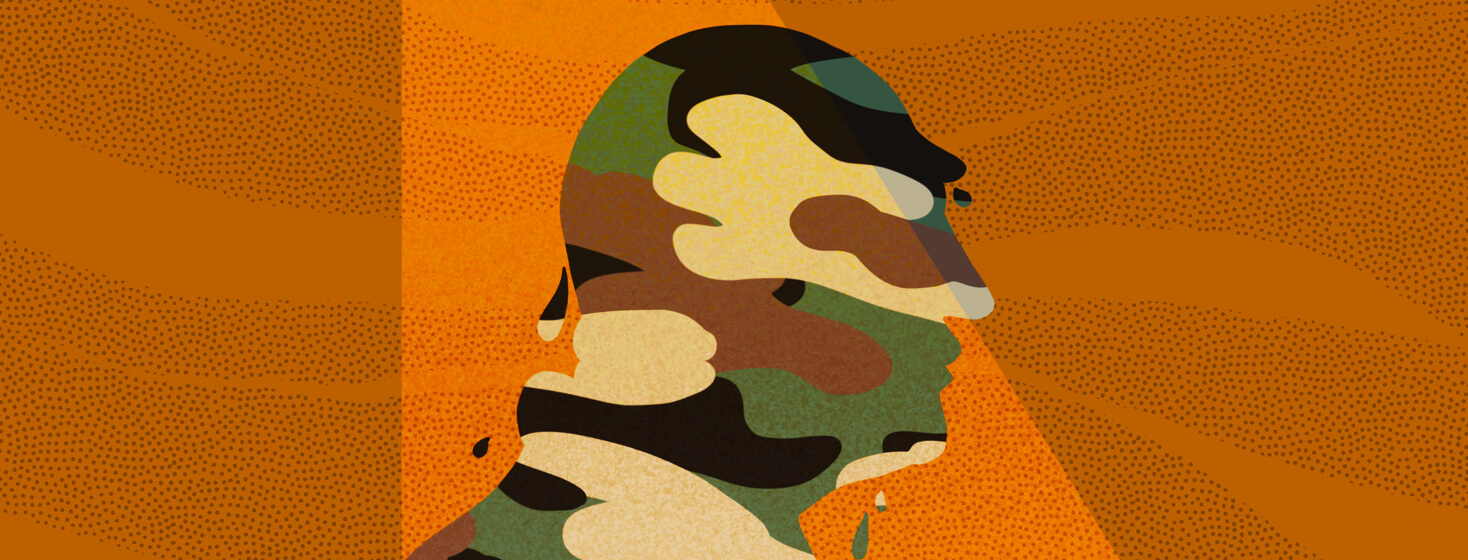Veterans and Headache Disorders
Not only do our veterans put their lives on the line while on active duty, but they also put their lifelong health on the line as well. This is something that so many people do not always consider. Among the variety of health issues our veterans face, headache disorders are a rising issue.
According to the US Department of Veteran Affairs, 40% of Veterans report chronic headaches, of which 10% are diagnosed with migraine, 12% have tension headaches, and 6% report both migraines and tension headaches.1
Migraine
A migraine involves moderate to severe pain. Some characteristics of a migraine include unilateral pain (throbbing or pulsing) aggravated by routine physical activity and is frequently associated with nausea and/or intolerance to light or sound.1 A migraine can last from several hours to three days.
Tension headaches
A tension-type headache more of a mild to moderate pain level. These tension-type headaches are “bilateral, pressing or tightening in quality. It does not worsen with activity or involve nausea like a migraine headache.1 Despite not having nausea involved, this type of headache disorder can still involve the intolerance to light and/or sound. Tension-type headaches can also be debilitating to the sufferer.
Traumatic brain injury
A major cause of headaches in veterans originates from a traumatic brain injury during active duty. According to the Centers for Disease Control and Prevention (CDC), a traumatic brain injury (TBI) is “a disruption in the normal function of the brain that can be caused by a bump, blow, or jolt to the head, or penetrating head injury.”2
A TBI is possible to occur from non-military-related events, such as some car accidents. Despite this, most veterans have a TBI due to training or combat exercises. Chronic headaches are associated with post-traumatic headaches in up to 92% of active-duty military personnel who have sustained a mild TBI.1 Since one individual can sustain more than one TBI in their military career, these can compound the headache issues faced by the veteran.
Stigma of an invisible illness
Our veterans can face several types of stigmas when it comes to attaining quality medical care. The stigma around mental health is something many people may consider when thinking about veterans. A type of stigma that might be overlooked is the one around invisible illness, i.e., headache disorders. Unfortunately, many people do not understand how debilitating a migraine can be to the individual suffering from it. Some individuals can be quick to devalue the actual amount of disability that headache conditions can cause. This can cause veterans to not fight for the proper treatment from the VA clinic.
My experience
I have personally witnessed veterans dealing with the VA for headache-related issues. From this experience, it is best to make sure the military is aware of any injury incidents while the individual is enlisted. I had seen individuals struggle to obtain treatment from the VA when certain injuries were not documented while they were active military personnel. One of the reasons this is important to note is due to the frequency that military personnel feel as though their injuries are not significant enough to be noted. They do not understand the long-term consequences of ignoring their own problems.
Many active-duty military personnel and veterans suffer from mental health issues such as survivor’s guilt. This can cause them to be less likely to seek medical care. Either because they are still alive or under the belief that since their issue is not life-threatening or “as bad as others,” it does not matter. Our troops need as much, if not more, support once they have returned home. Headache disorders are challenging to deal with regardless of the circumstances.

Join the conversation